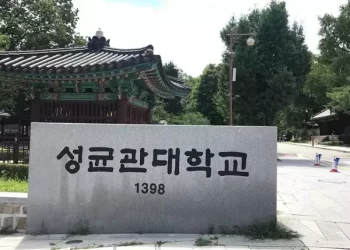South Korea is a popular destination for international students, including those from the Philippines. If you are a student in the Philippines and interested in studying in Korea, here are some steps to consider:
- Research universities and programs: Start by researching universities and programs that offer courses that align with your interests and career goals. Many universities in Korea offer undergraduate and graduate programs taught in English, and it’s important to check the specific admission requirements for each program.
- Meet admission requirements: Admission requirements for international students in Korea vary by university and program. Most universities require academic transcripts, English proficiency test scores (such as TOEFL or IELTS), and letters of recommendation. Some programs may require additional tests such as the SAT or ACT.
- Apply to universities: Once you have researched universities and programs and met admission requirements, it’s time to apply to universities. Each university may have a different application process, so be sure to carefully review the requirements and deadlines for each program.
- Apply for scholarships: Many universities in Korea offer scholarships for international students, including those from the Philippines. Research scholarship opportunities and apply for any that you are eligible for.
- Obtain a student visa: Once you have been accepted to a university, you will need to obtain a student visa to study in Korea. You will need to submit your acceptance letter, proof of financial support, and other documents to the Korean embassy or consulate in the Philippines.
- Prepare for arrival: Before you depart for Korea, make sure to prepare for your arrival. This includes arranging accommodations, obtaining health insurance, and getting familiar with the university and the local area.
- Learn Korean language and culture: While it is possible to study in Korea without knowing Korean, learning the language and culture can be beneficial in understanding the country and connecting with locals. Consider taking Korean language courses before departure or upon arrival in Korea.
In conclusion, studying in Korea from the Philippines requires research, preparation, and meeting admission requirements. Research universities and programs, meet admission requirements, apply to universities, apply for scholarships, obtain a student visa, prepare for arrival, and learn the Korean language and culture. Studying in Korea can be an exciting and rewarding experience, providing opportunities for personal and academic growth.



















